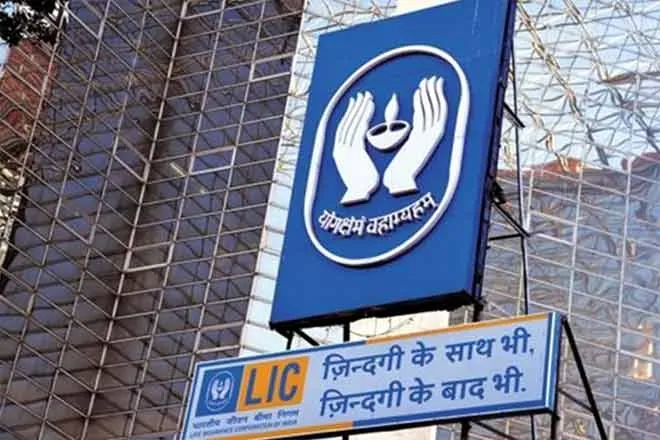Is LIC Managed by Arbitrary Decisions?

Synopsis
Key Takeaways
- LIC operates under stringent regulations.
- It is a major investor in India's financial market.
- Due diligence is key to LIC's investment strategy.
- LIC's integrity has been reaffirmed amidst misleading claims.
- There are multiple investors in the Adani Group.
Mumbai, Oct 27 (NationPress) The Life Insurance Corporation of India (LIC) is not a temporary entity controlled by individual whims; it operates with strong regulations and guidelines before making any investment, stated Sanjay Asher, a senior partner at the law firm Crawford Bayley and Co, on Monday.
In an interview with IANS following misleading information circulated by The Washington Post, Asher emphasized that LIC stands as one of the country's largest investors in both equity and debt instruments.
"It has been operational for many years and is governed by the Insurance Regulatory and Development Authority of India (IRDAI). LIC has its own board, investment committee, regulations, criteria, as well as checks and balances for making investments across various instruments, both in debt and equity. It is not a transient setup, nor is it influenced by arbitrary decisions," Asher clarified.
LIC carefully invests both the funds of policyholders and shareholders after thorough due diligence.
Addressing the alleged connection between LIC and the Adani Group, as claimed by the US media, he remarked that once a business or industrial entity reaches a significant scale, it naturally attracts scrutiny, leading to criticisms of various forms.
"In this case, Adani has not engaged in any wrongdoing," Asher asserted.
"It is important to note that LIC is not the only investor in the Adani Group. There are numerous international investors who have also invested in the equity and debt instruments of entities within the Adani Group," he added.
LIC has categorically rejected the false claims made by The Washington Post, reiterating that all its investments are conducted with integrity and due diligence. LIC stated that the statements in the article seem aimed at undermining the well-established decision-making processes of LIC and damaging its reputation, as well as the credibility of the robust financial sector in India.










